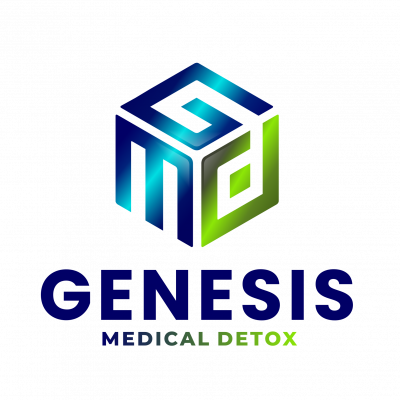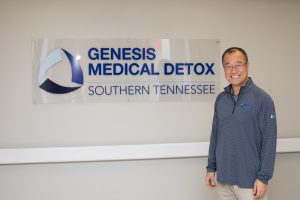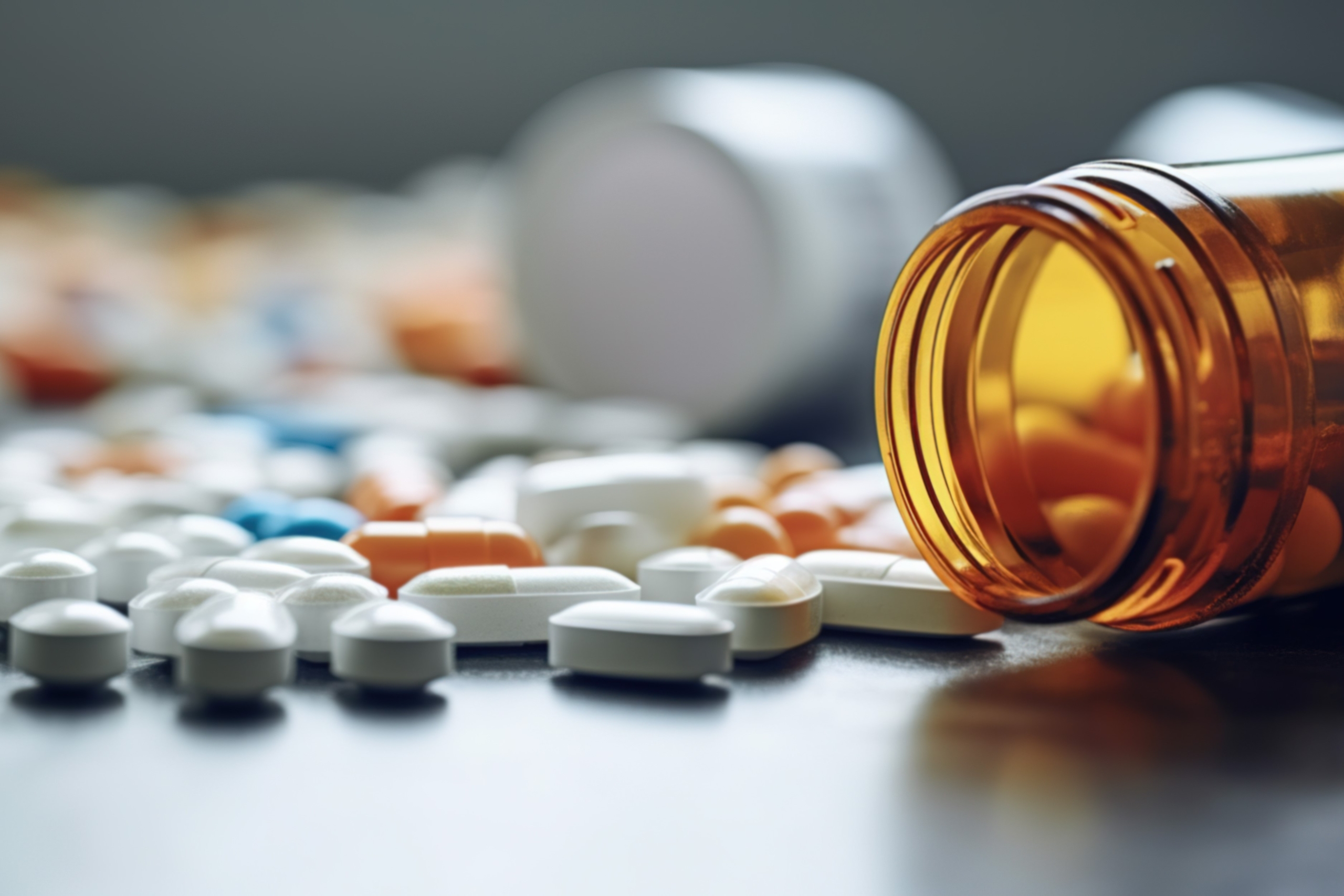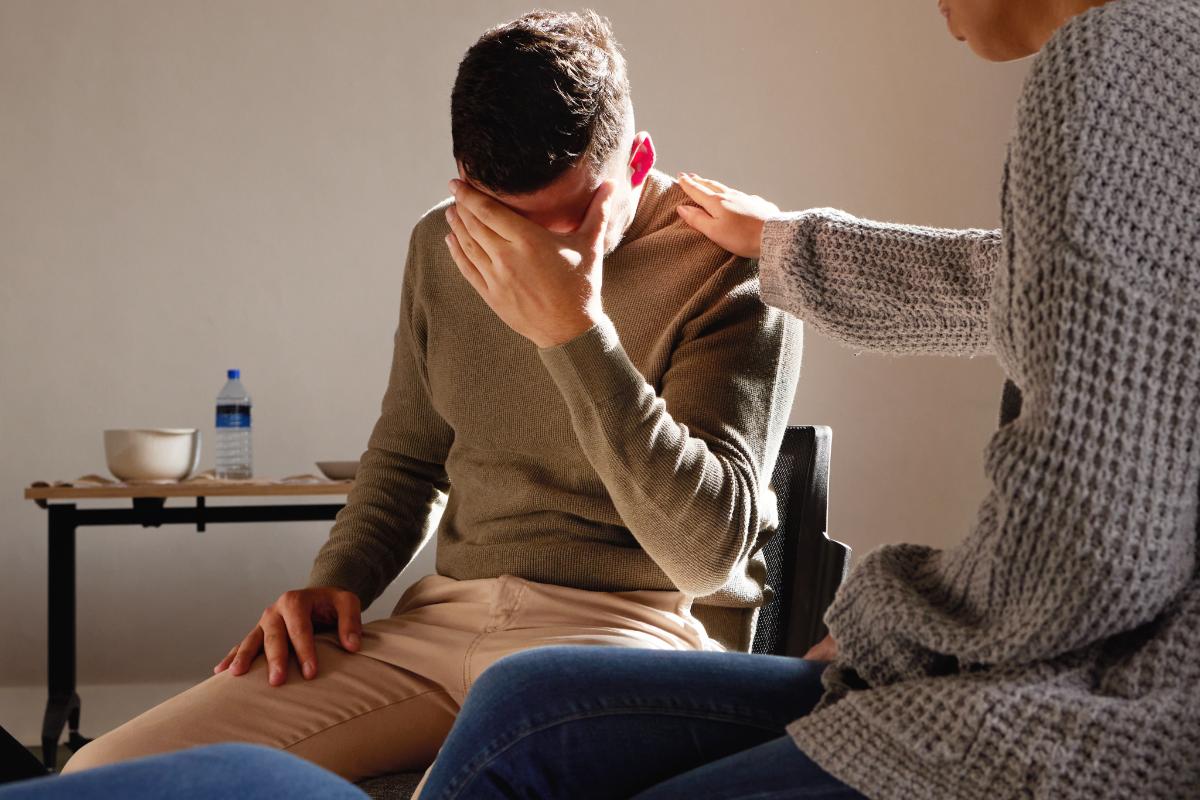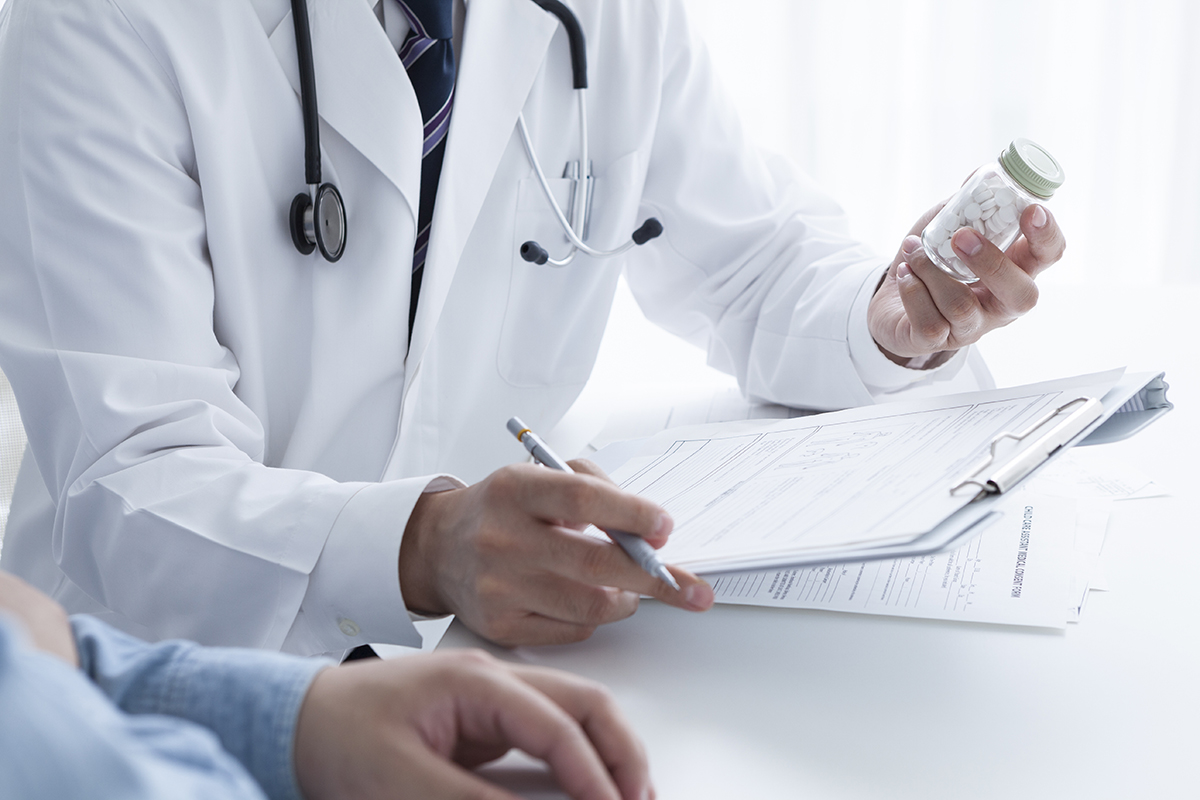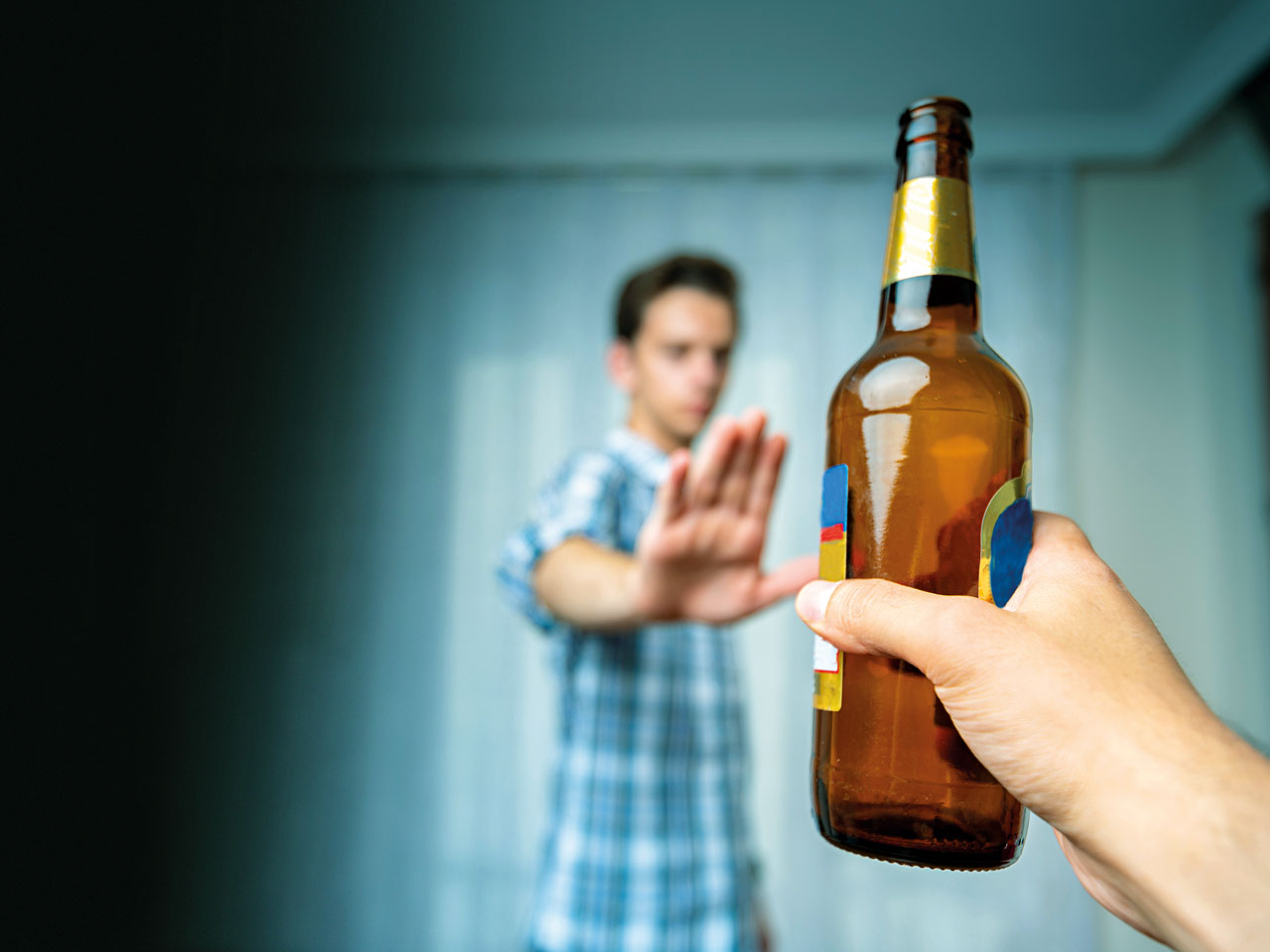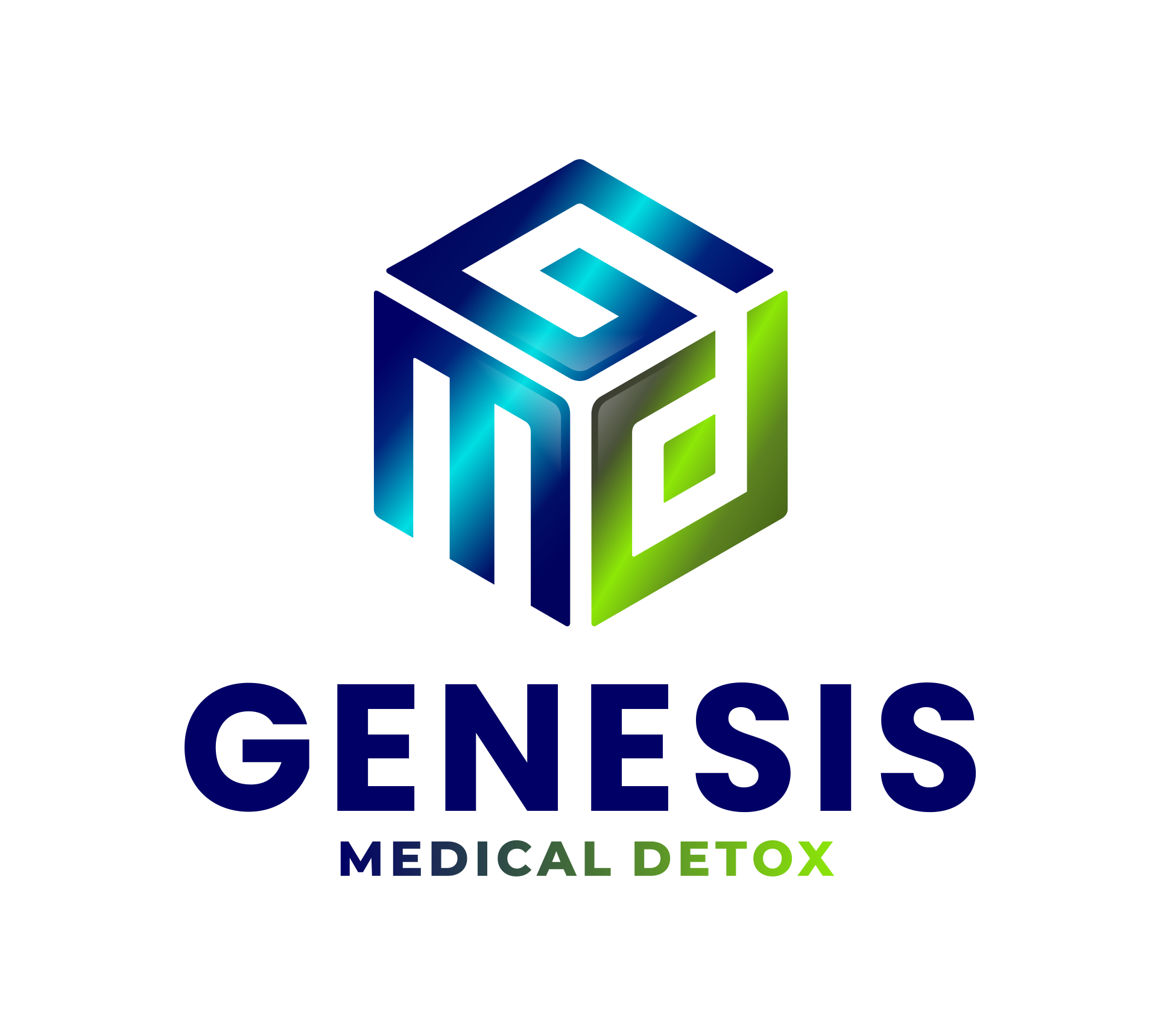Your reason for seeking addiction treatment is just that – your own. You may have heard horror stories and seen something on television about the agonies of detox, which may have deterred you from starting your own journey to recovery. While the process is physically taxing, it is necessary to cleanse your body of any remaining substances and toxins. Like anything new, the detox process can be intimidating but we are here to tell you why it may not be as scary as you might think.
There are a lot of misconceptions surrounding the topic of detoxification. At Genesis Medical Detox, we know that this topic can cause some anxiety. Detoxing is one of the most important steps to the healing process, so it is essential that what you know about the process is accurate.
The Truth About Detox
You Will Have Support
Detoxing is not something you have to deal with alone. Whether you are trying to give up on drugs or alcohol, stopping cold turkey is not something you should try to do alone. With the help of the right detox program, your physical and emotional health will be cared for throughout the entire process. Attempting to detox by yourself can lead to weakness and dehydration and ultimately put your physical health at risk.
Choosing the right program to help you through this difficult time can help you focus on healing your body and mind. You will receive around-the-clock support, proper nutrition, and a compassionate staff of experts who will help you get back to your best self.
Detox Is Not Always Painful
Don’t get me wrong, detoxing can have many side effects like body aches and pains, restlessness, nausea, and others. Still, everyone has their own withdrawal symptoms that can be mild or severe. Detox is only the first step on the road to recovery. Remember, the physical discomfort is only temporary, and detox is needed before you can become sober.
Not Choosing Can Be Even More Painful
If you are afraid of the pain and discomfort of withdrawal, refocus on the pain you felt that made you want to be sober in the first place. Your reason may be because of something legal, financial, or social.
- Have you done something illegal while drinking or using drugs?
- Have you had to pay court fees and fines?
- Is your financial security at risk because of your addiction?
- Have you lost close family or friends?
- Has your addiction harmed your relationship?
Whatever your reason is, the consequences of your actions may be catastrophic to your well-being. No, the detox process is no walk in the park but it can prove manageable with the support and encouragement of the people around you.
Common Detox Myths
You Can Detox At Home
Although a simple Google search may tell you that detox is a process or period of time in which one rids the body of toxic or unhealthy substances, it is not as simple as it sounds. The detox process should not be done at home. As one’s body has grown accustomed to a substance, it grows dependent on it. Depending on the length of use, withdrawal symptoms may become more severe. Symptoms may include:
- Headaches
- Vomiting
- Diarrhea
- Dehydration
- Fatigue
That being the case, it is advised that the detox process is done under proper medical supervision.
Detox Is Quick
Each person who goes through a detox has their own experience. Various factors affect what your experience will be. Some things include:
- The person’s physical features
- How long they have been using the substance
- What substance was being used; if multiple substances were being used
- Underlying medical conditions
- How often was the substance being used
Detox programs are designed to create a safe, comfortable environment for individuals to begin getting sober. Detox programs can take 5-7 days or sometimes even more. This does not mean the actual process will take this long, but the recovery process afterward might.
Detoxing Can Only Help People Who Have Hit Rock Bottom
This thought is false and harmful. It is best to seek help sooner. While the treatment works whether a person has hit rock bottom, you do not have to wait until your circumstances become the worst they have ever been. Getting help early can mitigate the likelihood of relapse. If you struggle with addiction, you should not try to talk yourself out of getting help with the idea that your problem is not “bad enough.” Admitting that you need help is more than enough to reach out to someone who can help.
Post-detox Support
Following the completion of a medical detox program, you may be concerned about what to do next. After all, detoxing is no magic cure and is only the first step in recovery. After detoxing, there is still a risk of relapsing, so you will need further help. Help can look different to everyone so here are a few suggestions on ways to get help to decrease your likelihood of a relapse:
- Seek continued treatment
- Join a support group near you.
- Find a treatment center in your area.
- Speak to a therapist.
- Find sober friends
Remember, recovery is a long-term process. It may not always be easy but you should not let the voices in your head or the opinions of others stop you from doing what you need to get help. Detoxing does not have to be scary because now you know the facts.
Get Support for Medical Detox in Muscle Shoals, AL
Genesis Medical Detox in Muscle Shoals, AL, is staffed with a team of educated professionals who are compassionate and knowledgeable and provide the highest quality care to ensure your detox process is safe. We understand that all paths to recovering from substance use are unique, so we offer treatment plans personalized to meet each individual’s needs. If you or someone you love is looking for a supportive environment in which to begin their recovery journey, please give us a call at (844) 895-0537.
